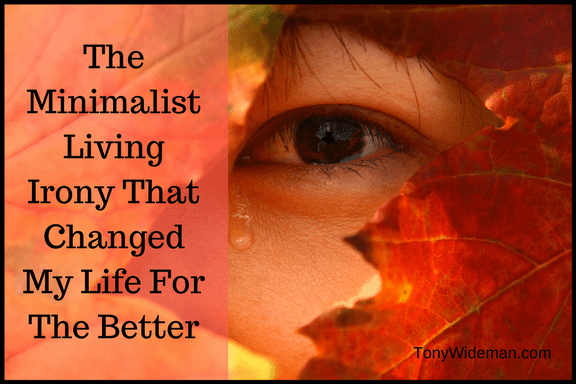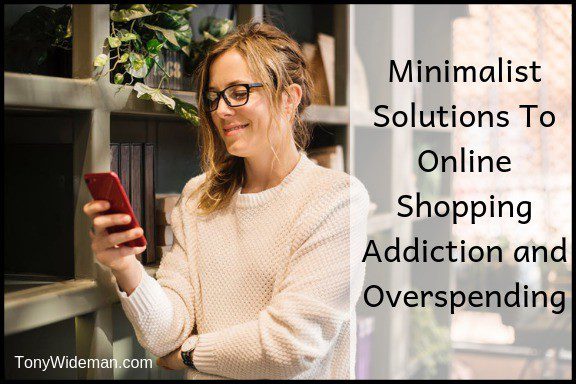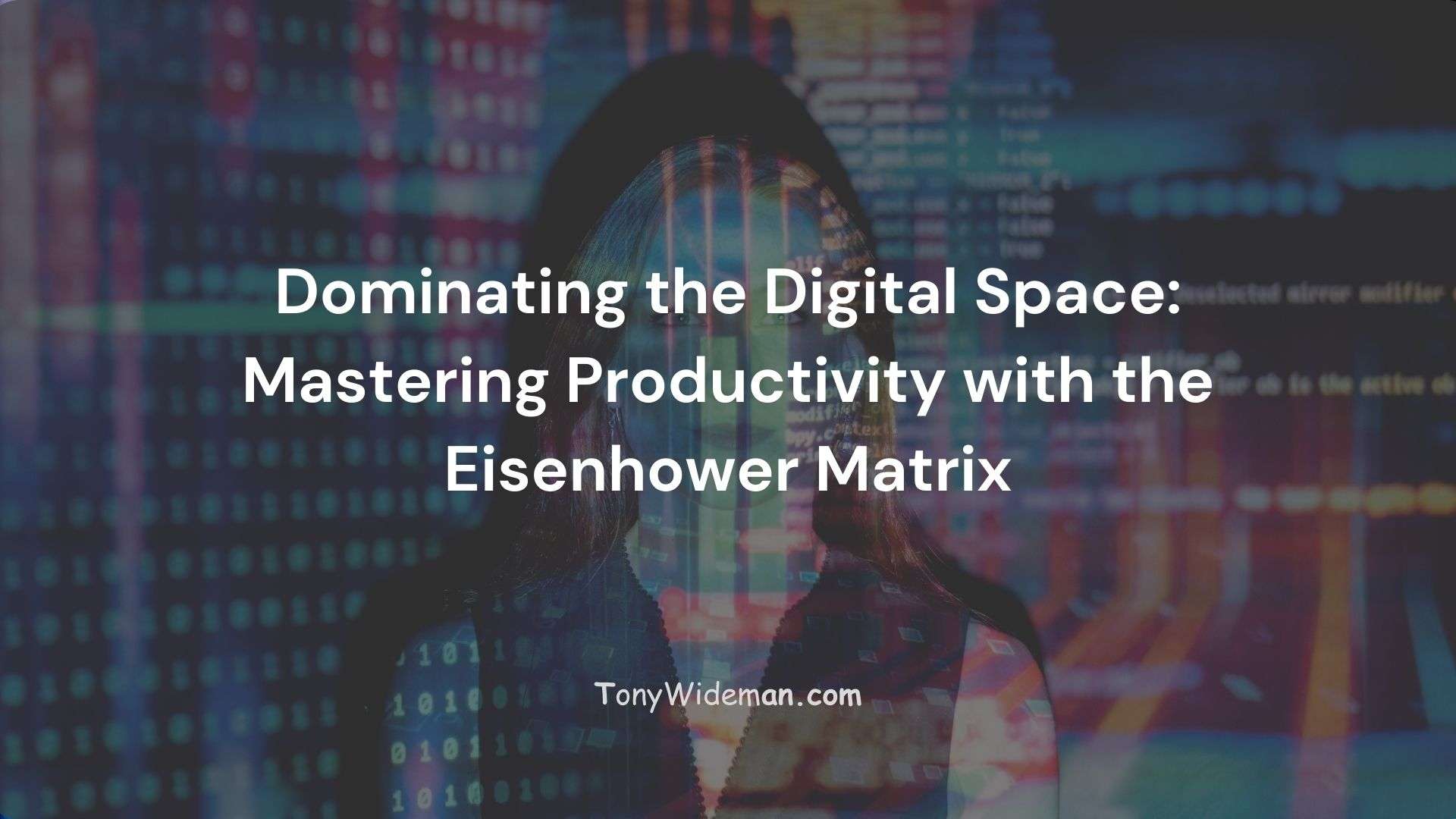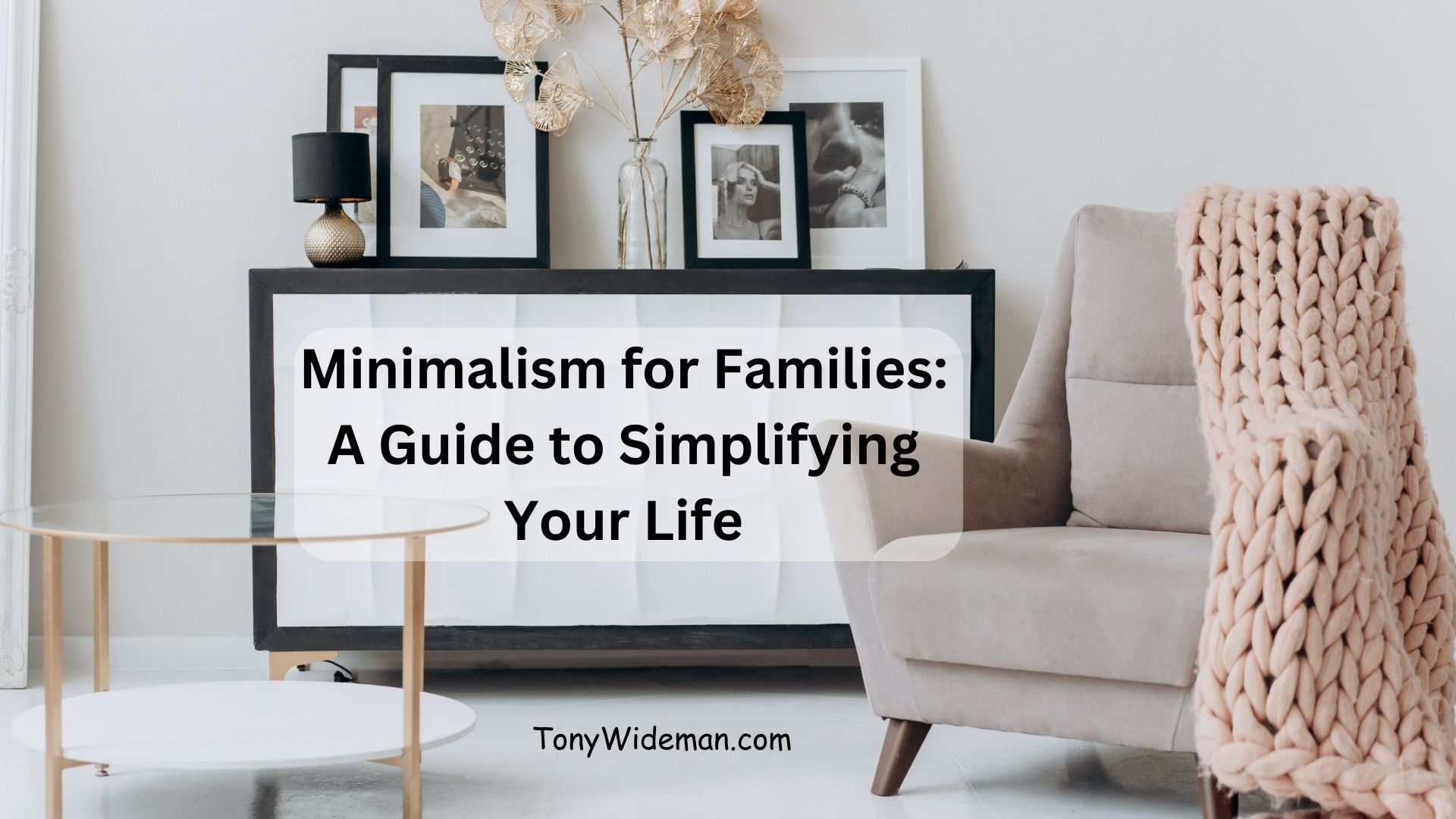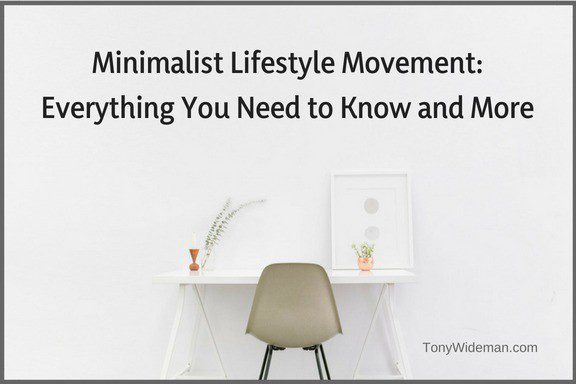Paul Was a Minimalist: Embracing Simplicity for a Fulfilling Life
Many individuals are seeking ways to simplify their lives and find true contentment. One historical figure who embraced minimalism was the apostle Paul, known for his teachings and writings in the New Testament.
In this post, we will explore the principles of minimalism as exemplified by Paul and how they can be applied in our modern lives.
I have learned how to be content with whatever I have. I know how to live on almost nothing or with everything. I have learned the secret of living in every situation, whether it is with a full stomach or empty, with plenty or little. I can do everything through Christ who gives me strength.
(Philippians 4:11-13).
Paul Was a Minimalist
Paul, a significant figure in early Christianity, not only preached the virtues of spiritual simplicity but also embodied minimalism in his personal life.
He emphasized the importance of prioritizing essentials over material possessions, and his teachings inspire millions to this day.
Embracing Simplicity in a Complex World
Redefining Success: Moving Beyond Material Wealth
In today’s consumer-driven society, the pursuit of material wealth often becomes a measure of success.
However, Paul’s minimalist approach teaches us to redefine success by focusing on personal growth, compassion, and meaningful relationships rather than material accumulation.
Optimize Your Living Space for Minimalism
A cluttered living space can lead to a cluttered mind.
Paul’s minimalistic lifestyle encourages us to declutter and organize our living spaces, allowing for greater clarity, peace, and efficiency.
The Joy of Less: Simplifying Possessions
Paul’s teachings prompt us to question the true value of our possessions.
By embracing the joy of owning less, we can free ourselves from the burden of materialism and experience a profound sense of liberation.
How to Practice Minimalism in Daily Life
Mindful Consumption: Making Purposeful Choices
Minimalism involves being mindful of our consumption habits. Ask yourself whether each purchase aligns with your values and goals, and let go of unnecessary acquisitions that do not add genuine value to your life.
Digital Detox: Reducing Digital Clutter
In the digital age, we are bombarded with constant stimuli.
Following Paul’s example, we can benefit from a digital detox, limiting screen time, and cultivating real-world connections.
Cultivating Gratitude: Finding Contentment in Simplicity
Gratitude is a cornerstone of minimalism. Paul expressed gratitude for life’s blessings, encouraging us to find joy in simple things and appreciate the abundance already present in our lives.
The Minimalist Mindset: Embracing Change and Letting Go
Embracing Change as a Catalyst for Growth
Paul’s life journey was marked by significant transformations.
Embracing change as an opportunity for growth allows us to evolve personally and spiritually, shedding old habits that no longer serve us.
Letting Go of Emotional Baggage
Minimalism extends beyond physical possessions to include emotional baggage.
Learn from Paul’s ability to forgive, let go of resentment, and embrace a life free from emotional burdens.
Seeking Fulfillment in Non-Material Pursuits
As Paul emphasized, true fulfillment lies in spiritual growth and inner peace.
Engage in activities that nourish your soul, such as meditation, volunteering, or spending quality time with loved ones.
Conclusion
Incorporating the minimalist philosophy of Paul into our lives can lead to a deeper appreciation for simplicity, mindfulness, and genuine fulfillment.
By reevaluating our priorities, decluttering our living spaces, and cultivating gratitude, we can find lasting happiness in our busy world.
Embrace the principles of minimalism and embark on a journey towards a more meaningful and purposeful life.
[adrotate group=”9″]
[adrotate group=”12″]
Frequently Asked Questions (FAQs)
Q: How can I start practicing minimalism in my daily life?
A: Begin by decluttering your living space and evaluating your possessions. Focus on items that bring value and joy, and let go of the rest. Embrace mindful consumption and make purposeful choices in your purchases.
Q: What are the benefits of minimalism?
A: Minimalism offers numerous benefits, including reduced stress, improved focus, enhanced creativity, and increased contentment with life’s simple pleasures.
Q: Can minimalism enhance my overall well-being?
A: Yes, minimalism can lead to improved mental and emotional well-being by reducing distractions, promoting gratitude, and encouraging self-awareness.
Q: Is minimalism about depriving oneself?
A: No, minimalism is about prioritizing what truly matters and finding fulfillment in non-material pursuits. It is not about deprivation but rather embracing a purposeful and intentional lifestyle.
Q: How can I deal with the emotional challenges of letting go?
A: Letting go can be emotionally challenging, but focusing on personal growth, seeking support from loved ones or professionals, and practicing self-compassion can help ease the process.
Q: What are some practical tips for a digital detox?
A: Start by setting designated “screen-free” times during the day and gradually reduce your screen time. Engage in activities that don’t involve screens, such as reading, exercising, or spending time outdoors.

